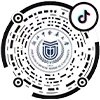On July 1, the opening ceremony of the Traditional Chinese Medicine “Going Global” Capacity-Building Training III and Traditional Chinese Medicine Health Communication Workshop took place at Zhejiang Chinese Medical University. This event, supported by the National Administration of Traditional Chinese Medicine, hosted by the World Federation of Acupuncture-Moxibustion Societies (WFAS), and organized by Zhejiang Chinese Medical University, saw the participation of prominent figures. Among them were Zhu Haidong, Deputy Director of the Department of International Cooperation of the National Administration of Traditional Chinese Medicine; Yao Qiang, Deputy Director of the Health Commission of Zhejiang Province; Huang Wenxiu, Secretary of the Party Committee of ZCMU; and Liu Baoyan, President of WFAS. The opening ceremony was presided over by Yang Yuyang, Executive Deputy Secretary of WFAS.
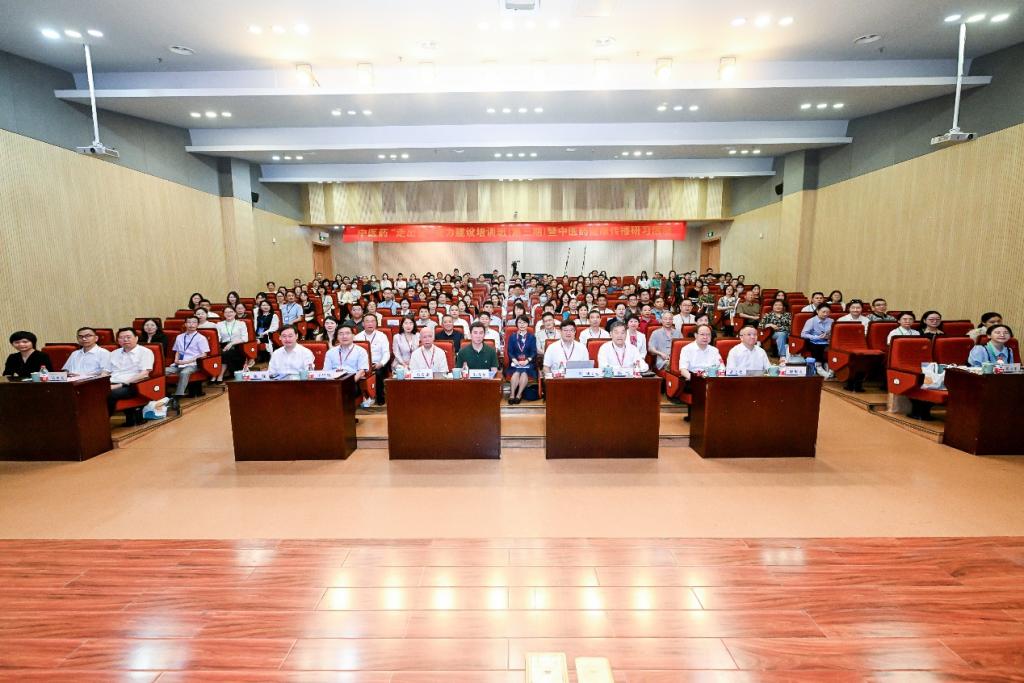
In Liu Baoyan’s speech, he put forward the following statement: “Understanding our original aspiration, contemplating our future path, and then gaining clarity on our destination”. In the process of “going global”, it is essential to uphold the essence of Chinese medicine, effectively utilize the latest concepts and technologies, and foster the development of Chinese medicine. The WFAS is committed to upholding this heritage while promoting innovation and advancement. It aims to be a voice for Chinese medicine on the international stage and collaborate with various Chinese medical institutions and enterprises to actively engage in global governance. By exploring the vibrant potential of Chinese medicine dissemination, it strives to lead Chinese medicine towards a broader future.
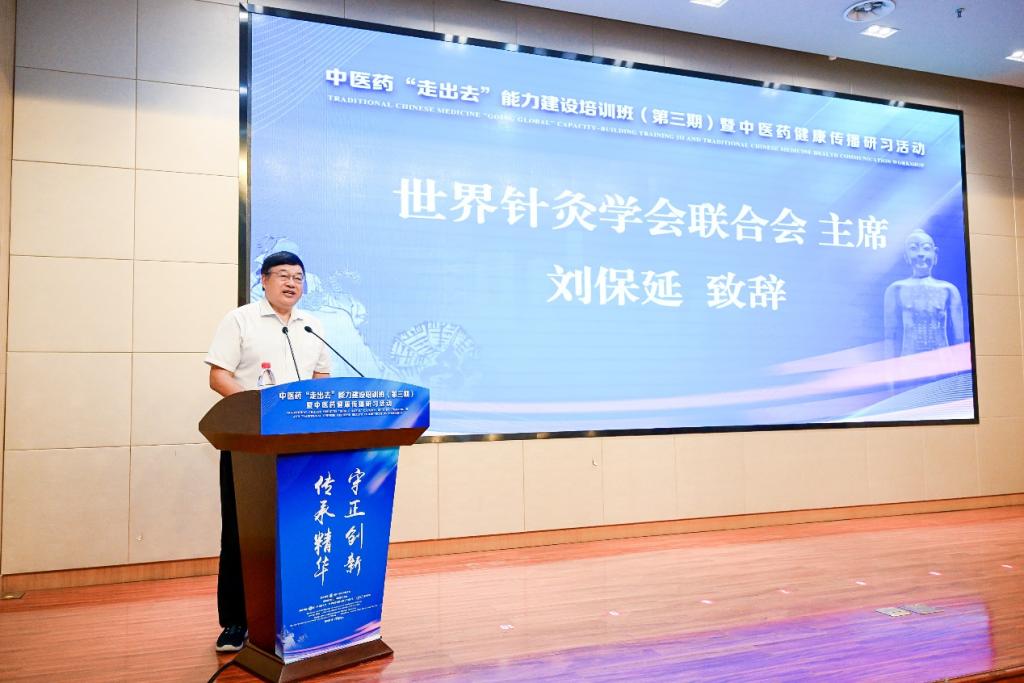
In his speech, Huang Wenxiu, Secretary of the Party Committee of ZCMU, emphasized the high importance of the internationalization of Chinese medicine. Chinese medicine is a precious and unique resource in China, and through innovative development, it can better serve the well-being of the people. As a leading institution and vital driving force for TCM development in the province, ZCMU has also achieved notable accomplishments in the areas of TCM inheritance, development, and global dissemination. With the support of the national and provincial governments, ZCMU is actively advancing the construction of the “Eight First-Class” projects, thereby enhancing the capabilities and expertise of TCM professionals to engage globally. It is committed to injecting greater vitality and momentum into the development of the TCM field.
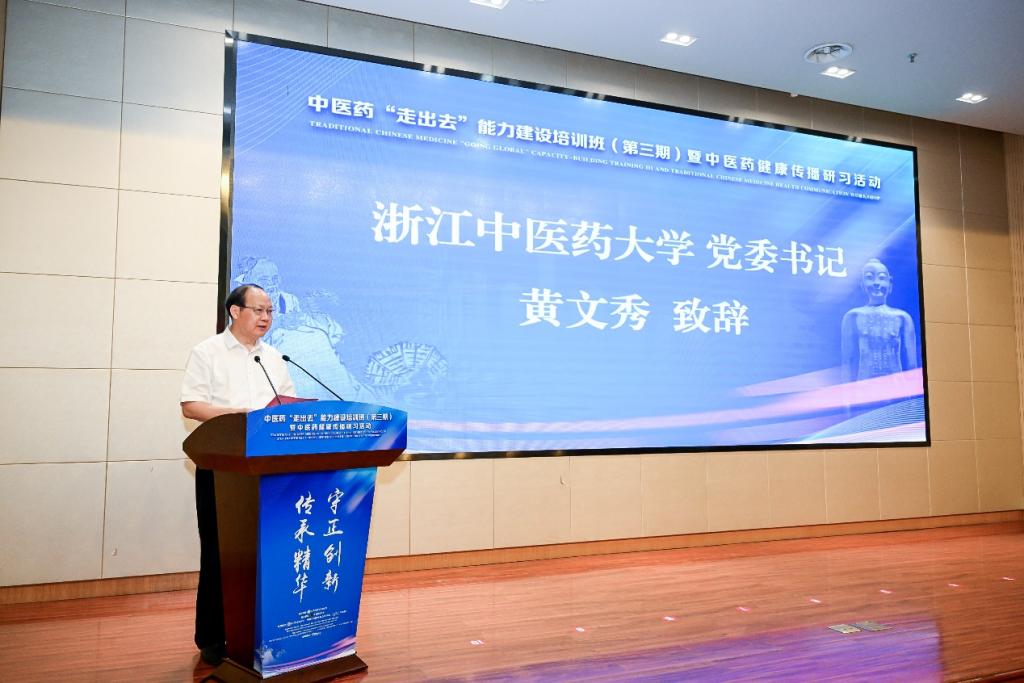
Yao Qiang, Deputy Director of the Health Commission of Zhejiang Province, highlighted the deep-rooted Chinese medicine culture in Zhejiang. The momentum of Chinese medicine “going global” has been accelerating. Chinese medicine has emerged as a crucial conduit for promoting cultural exchanges, mutual learning among civilizations, and fostering global peace and human well-being. The provincial government has implemented a series of policies to propel the internationalization of Chinese medicine and establish Zhejiang as a demonstration area for advancing the modernization and internationalization of Chinese medicine with high quality.
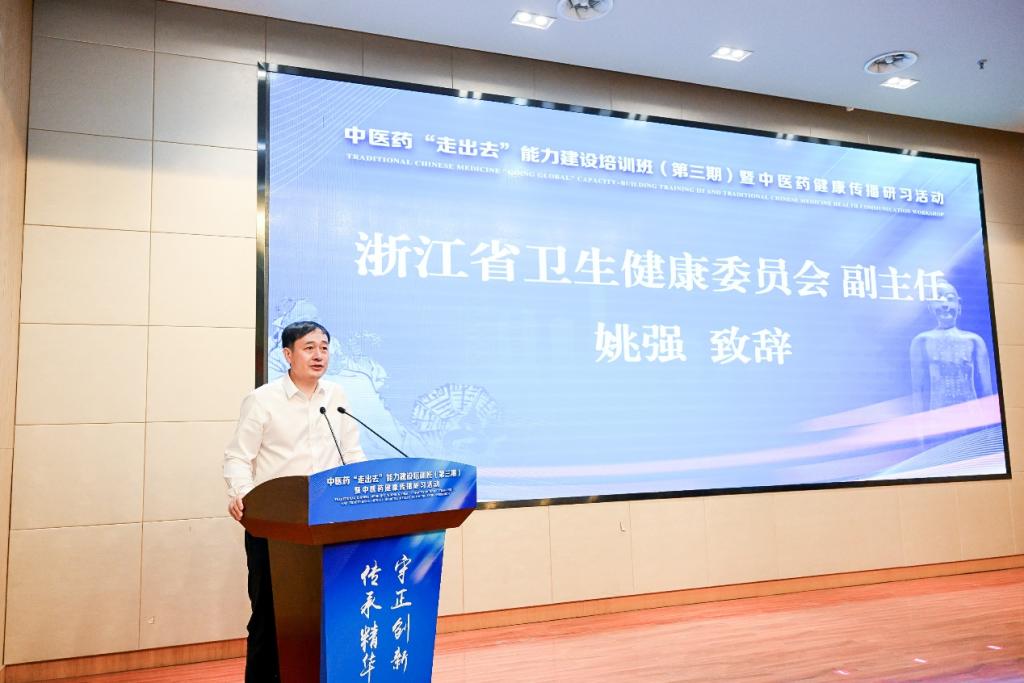
Zhu Haidong, Deputy Director of the Department of International Cooperation of the National Administration of Traditional Chinese Medicine, provided an interpretation of the policies pertaining to the global communication of Chinese medicine. He emphasized the importance of drawing lessons from history, prioritizing people’s well-being, seeking commonalities while accommodating differences, and fostering inclusivity as we advance towards the betterment of global health. It is crucial for TCM practitioners to delve deeper into the analysis and promotion of TCM cultural concepts, enhance international recognition of TCM, and contribute to the establishment of a global community committed to human health through the international dissemination of TCM culture.
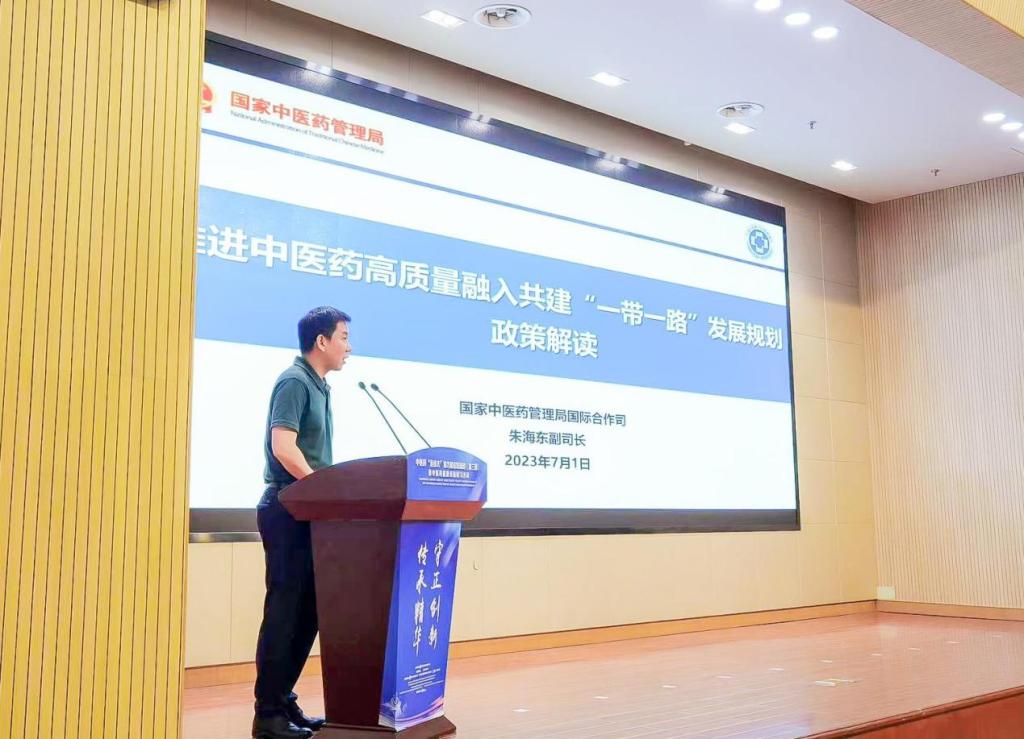
The training course spans 3 days and consists of three parts: specialized lectures, field research, and a roundtable forum. 12 experts were invited to deliver specialized lectures, including renowned National TCM Masters Wei Guikang and Yang Zhen, Chief Researcher Liu Baoyan from the China Academy of Chinese Medical Sciences (CACMS), Former Ambassador Extraordinary and Plenipotentiary of China to the Kingdom of Saudi Arabia Li Huaxin, National Famous TCM Doctor Fan Yongsheng, and Shen Yuandong, the Chairman of the ISO/TC249. The lectures primarily revolve around topics such as the international landscape and major power diplomacy, the foreign affairs capabilities required for TCM’s global communication, the current development and future prospects of international standardization for TCM, the clinical characteristics and international dissemination of the “School of Zhe's TCM”, and the participation of non-governmental organizations in global governance and the enhancement of TCM’s international influence. During the roundtable dialogue, six experts and scholars from various fields, including Yang Rui, President of the China Association of Health-Protection Food; Wang Ying, Director of the International Relations Office at ZCMU; and Jin Ying, a representative inheritor of Yang Jizhou acupuncture, shared their experiences and insights on themes such as “Reflections and Insights from the Practice of TCM’s Global Communication” and “The Inheritance of Intangible Cultural Heritage Brands”.
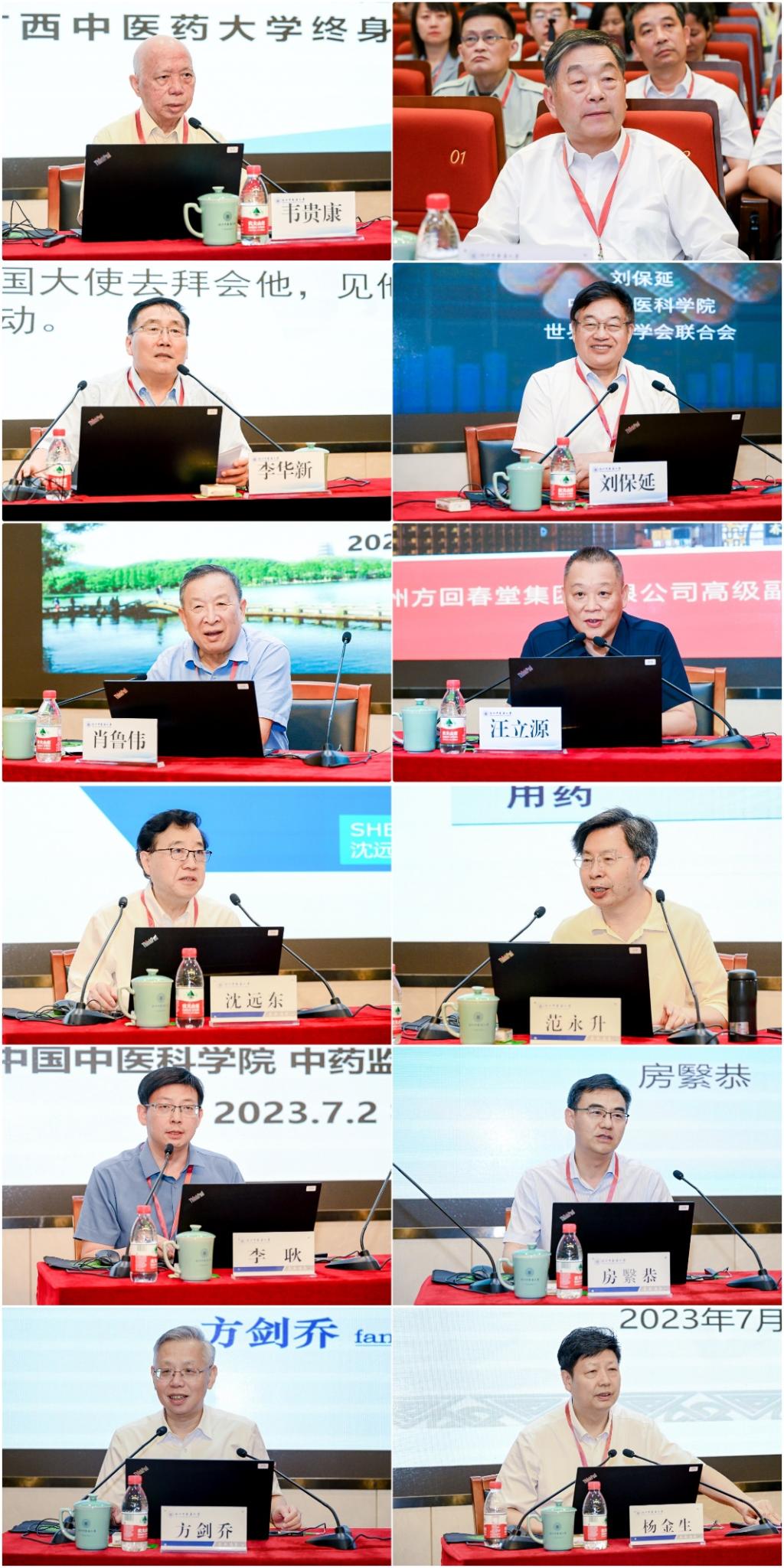
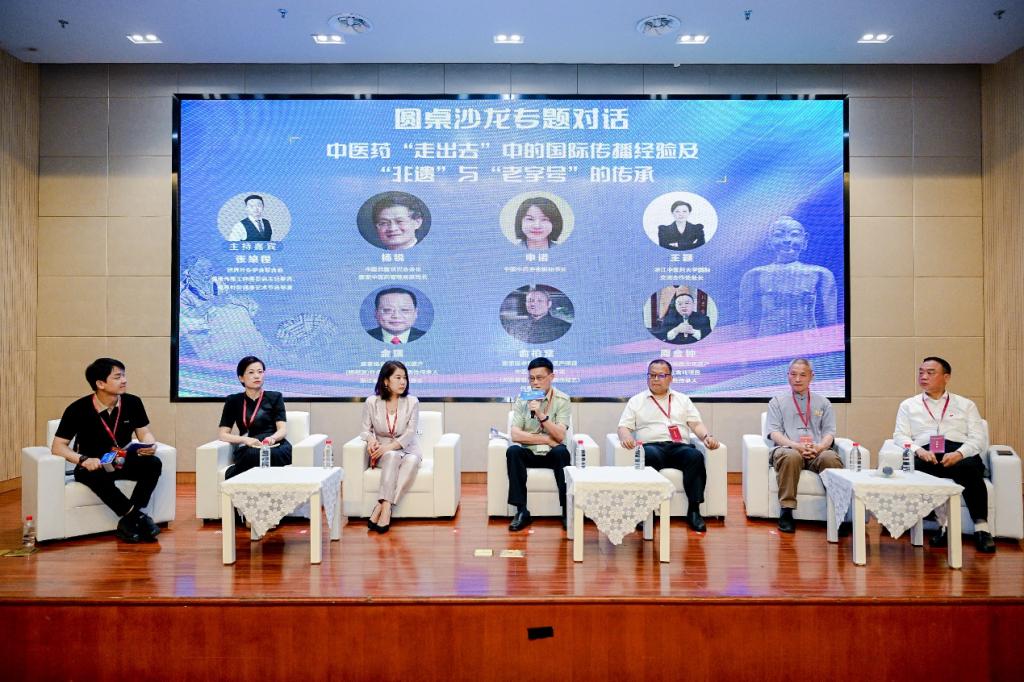
Furthermore, the participants also conducted field research at the Zhejiang Chinese Medicine Museum and medical hospital Fang Huichun Tang, China’s time-honored brand, to gain a firsthand experience of the rich heritage and dynamic development of Chinese medicine.
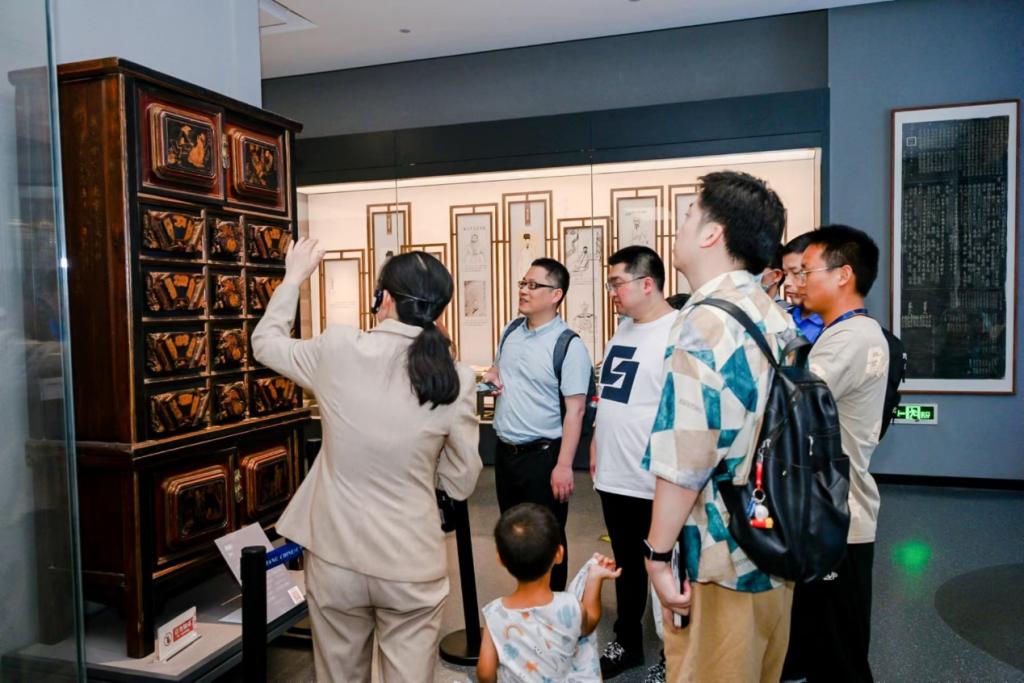
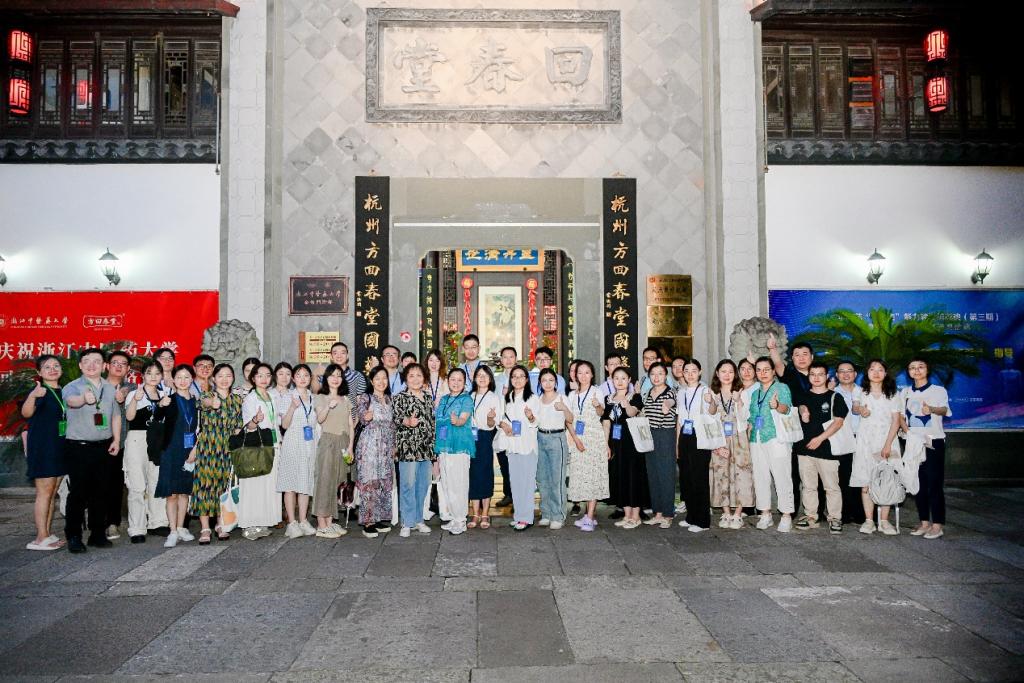
The event witnessed an unprecedented gathering of prominent figures, making it a remarkable and grand occasion. The participants indulged in an academic feast, sparking intellectual discussions, fostering developmental consensus, and reaping the rewards of knowledge and friendship, collectively growing and advancing. On the one hand, ZCMU organized this conference to provide a platform for the new generation of TCM professionals to collaborate and discuss how to better promote TCM “go global” and effectively integrate TCM into the international arena. Simultaneously, the conference served as a catalyst, bringing together distinguished experts and scholars, elevating academic prestige, expanding the industry's influence, and facilitating exchange, cooperation, and resource integration.
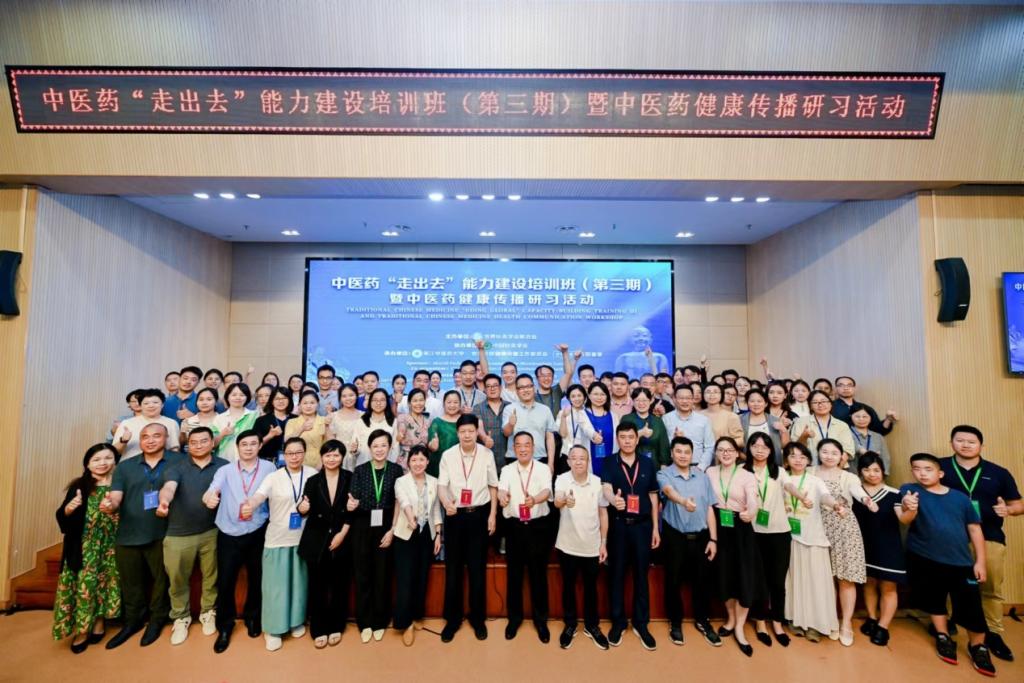
 International Relations Office
International Relations Office International Education College
International Education College



